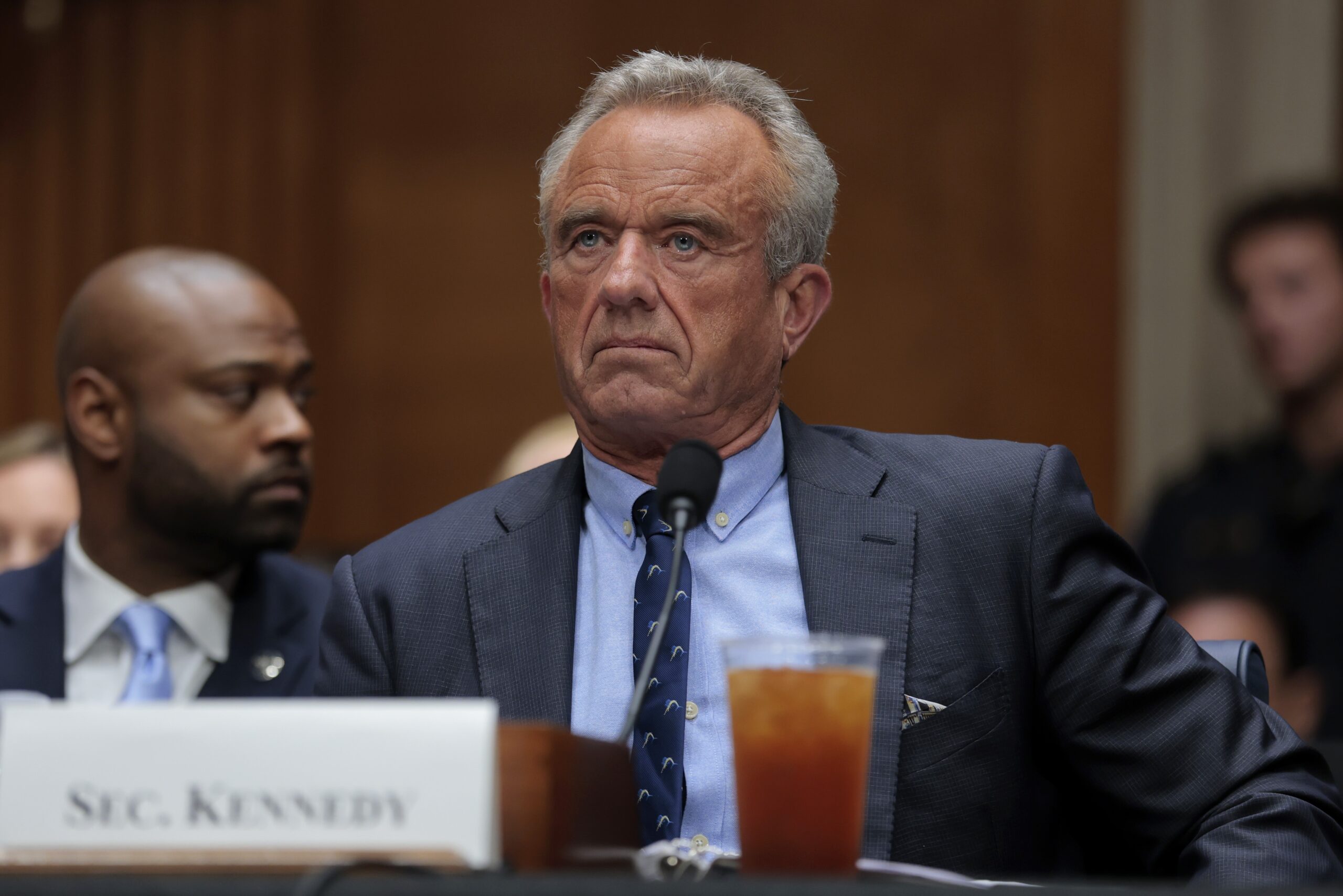
Supreme Court Halts Injunction, Allowing RFK Jr.’s HHS Workforce Cuts to Move Forward
The U.S. Supreme Court on Tuesday issued a stay that permits the Trump administration to proceed with sweeping federal workforce reductions, including a controversial plan by Health Secretary Robert F. Kennedy Jr. to downsize the Department of Health and Human Services (HHS).
The high court’s order temporarily blocks a May decision from a California district court that had halted the administration’s efforts to implement mass layoffs and agency restructuring. The move would affect more than 10,000 federal workers at HHS alone. The Court’s unsigned order stated the government is “likely to succeed” in its legal defense of the reductions in force (RIF), which were initiated by a February executive order from President Donald Trump.
“We express no view on the legality of any Agency RIF and Reorganization Plan produced or approved pursuant to the Executive Order,” the justices added in the ruling.
Justice Ketanji Brown Jackson was the sole dissenter, arguing that the administration’s unilateral approach violates longstanding norms. “Congress has the power to establish administrative agencies and detail their functions,” she wrote, emphasizing that past presidents sought congressional approval before reorganizing the federal government.
The underlying case that prompted the May injunction was brought by labor unions, employee groups, and local governments, who contend the executive order circumvents Congress. In her ruling at the time, U.S. District Judge Susan Illston echoed Jackson’s concerns: “Agencies may not conduct large-scale reorganizations and reductions in force in blatant disregard of Congress’s mandates, and a president may not initiate large-scale executive branch reorganization without partnering with Congress.”
Although the Supreme Court’s stay is a victory for the administration, the broader legal battle is far from over. Other lawsuits continue to challenge the executive order and its implications for federal governance.
Earlier this month, a federal judge in Rhode Island ruled against the administration, temporarily blocking HHS from implementing its RIF within specific agencies, including the Centers for Disease Control and Prevention (CDC), the Office of Head Start, and the Office of the Assistant Secretary for Planning and Evaluation. “The executive branch does not have the authority to order, organize, or implement wholesale changes to the structure and function of the agencies created by Congress,” wrote Judge Melissa DuBose in her decision.
In a separate legal challenge filed last month, seven former federal employees allege their terminations were based on “error-ridden” employment records, further complicating the administration’s effort to carry out the executive order.
Despite Tuesday’s Supreme Court decision, the future of the federal workforce and the administration’s authority to reshape it remain contentious issues facing ongoing judicial review.





